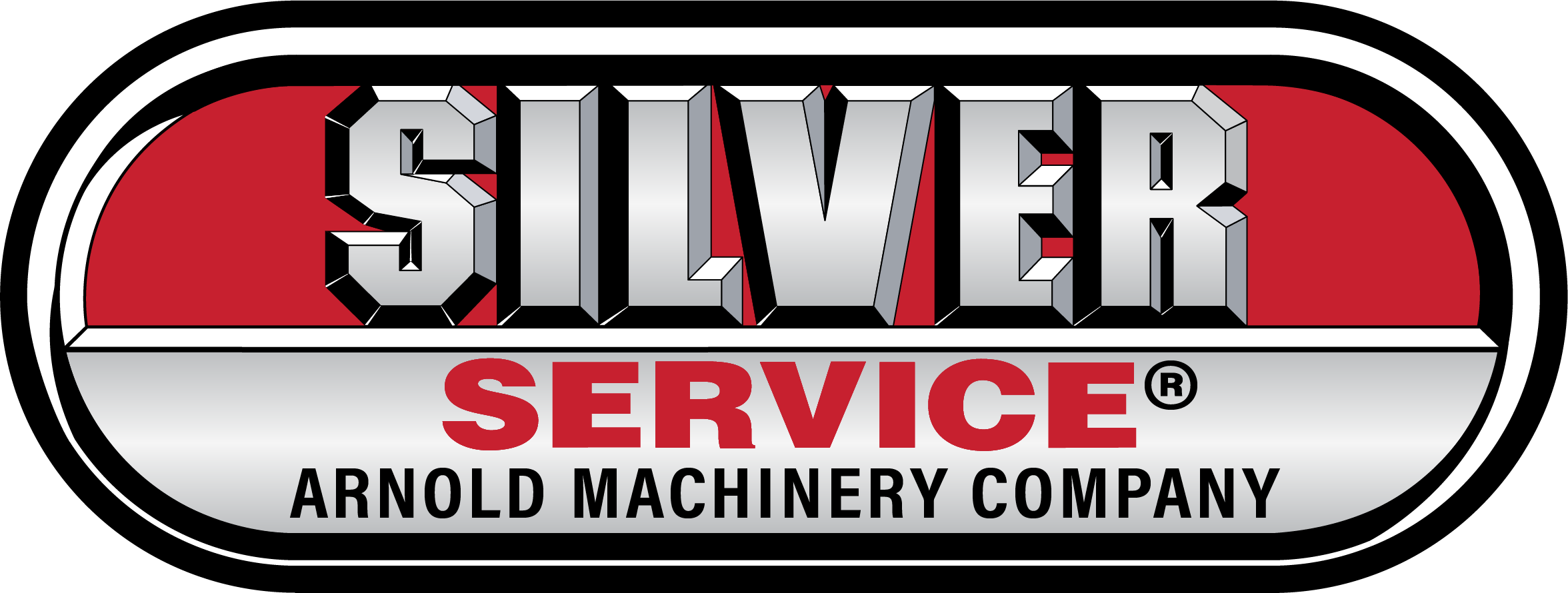Heavy Machinery FAQs

The answers to these frequently asked questions can help you learn more about heavy equipment and our industry.
How do I become certified to operate heavy equipment?
The best way to get certification is to attend a trade school that offers training on the equipment you want to operate. You’ll likely need to pass a test to earn your operator’s card.
Can I operate heavy equipment without a license?
Currently, there is no universal standard for licensing heavy equipment operators in the United States. However, some states and local jurisdictions require operators to have a commercial driver’s license, a specific equipment license or both. Fines are the most common penalty for not complying.
Where does Volvo CE manufacture its construction equipment?
Volvo CE produces construction equipment at its North American facility in Shippensburg, Pennsylvania, and multiple global locations.
What counts as heavy machinery?
Heavy machinery includes construction and earthmoving equipment like excavators and loaders and material handling machines like forklifts and pallet jacks. Mining equipment and farming implements also fit the description.
What types of machines do construction companies use?
Construction projects typically require various earthmoving machines. Examples include excavators for digging ditches and building foundations, loaders for pushing piles of debris, and graders for smoothing and leveling roadways and other services. Compact machines like backhoes and skid steer loaders can perform multiple tasks.
Does heavy machinery include cars?
Some people may consider cars heavy machinery because they are large machines requiring special training to operate safely. However, in terms of construction-related operations, utility and personnel vehicles designed to transport workers and supplies around job sites better fit the classification than cars.
Will heavy equipment go electric?
Manufacturers are already electrifying various equipment models for everything from cranes and forklifts to mining trucks and tractors. Expect more electric offerings as the technology improves.
Does heavy equipment have to be yellow?
While there is no legal requirement for construction equipment to be yellow, many manufacturers choose this color for their machines for several reasons. Yellow is highly visible, which promotes job site safety. From a marketing perspective, the color helps with brand awareness because many people associate yellow equipment with the construction industry.
What safety measures should workers take when operating heavy machinery?
Safety is key when using any heavy equipment. Examples of the precautions owners and operators should take include conducting a comprehensive inspection before each use, implementing effective communication signals, minimizing distractions and being alert for potential hazards.
How often should companies inspect and maintain their heavy equipment?
Occupational Safety and Health Administration (OSHA) guidelines require daily, monthly or annual equipment inspections, depending on the circumstances. Owners should follow the manufacturer’s recommendations about preventive maintenance practices and intervals. Conduct more inspections during heavy-use situations.
What are the environmental impacts of heavy machinery operations?
Regulations regarding emissions outputs in recent years have made using heavy equipment less hazardous to the environment. Many manufacturers are also making their products more energy-efficient, helping conserve fuel. Training operators on more environmentally friendly practices can contribute to a smaller carbon footprint.
What is the average life span of heavy equipment?
A machine’s life expectancy depends on several factors, including the equipment type. Industry standards say a backhoe loader will last approximately 6,000 hours, while a wheel loader has a working life of 7,000 to 12,000 hours. Typical operating conditions, maintenance practices and usage patterns can impact the results.
What is the most used heavy equipment?
While there are many types of heavy machines, there are a few that you’re more likely to see at most job sites. Examples include wheel loaders, excavators, loaders, backhoe loaders, motor graders and skid steers.